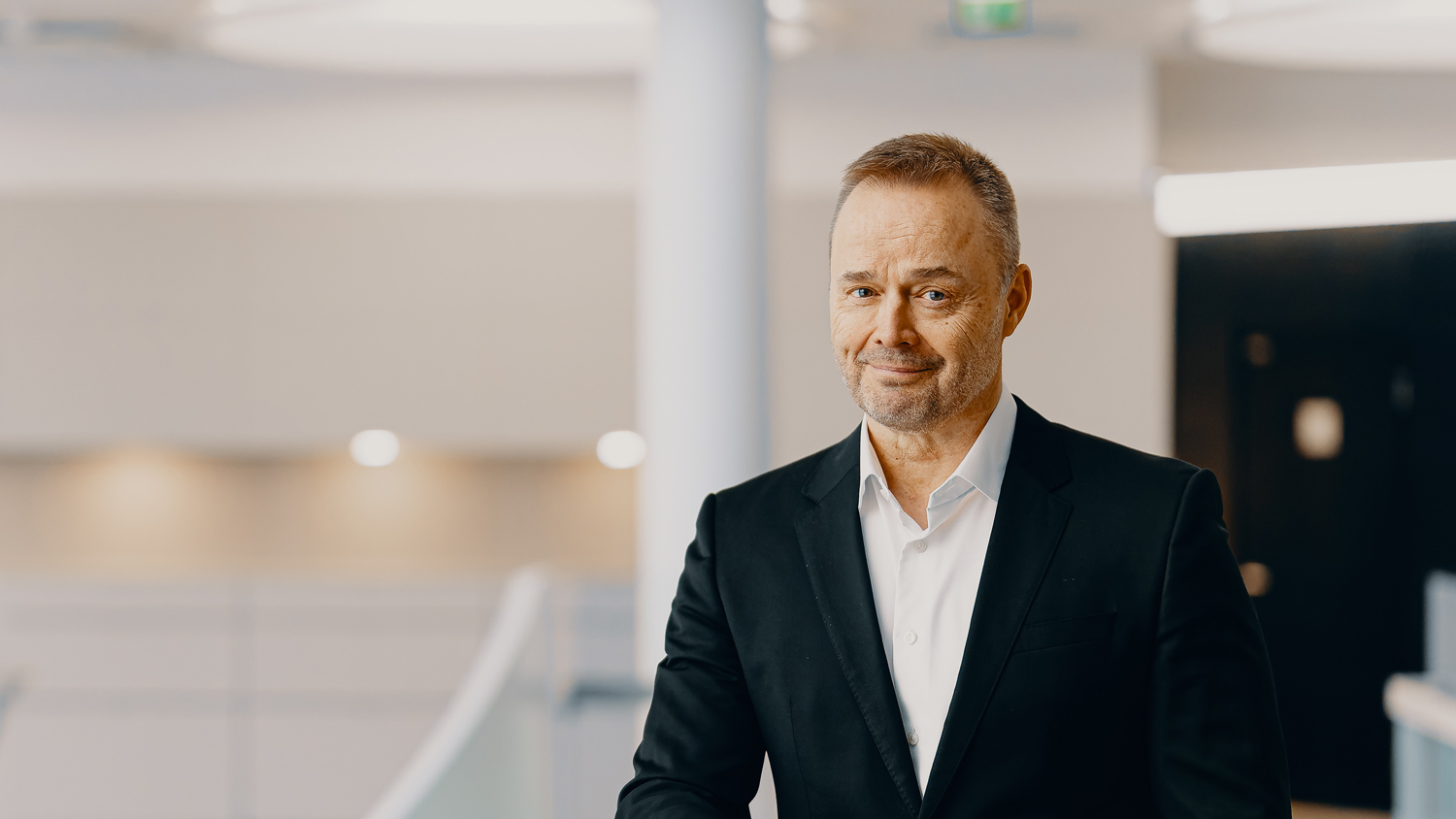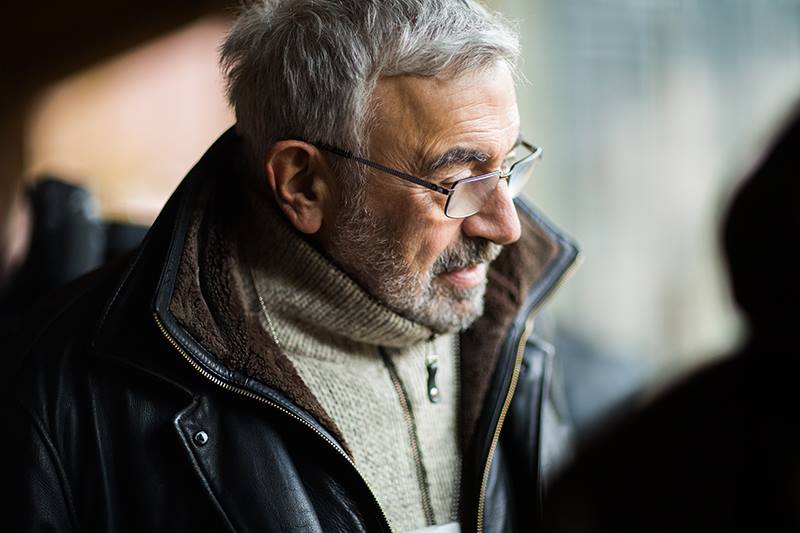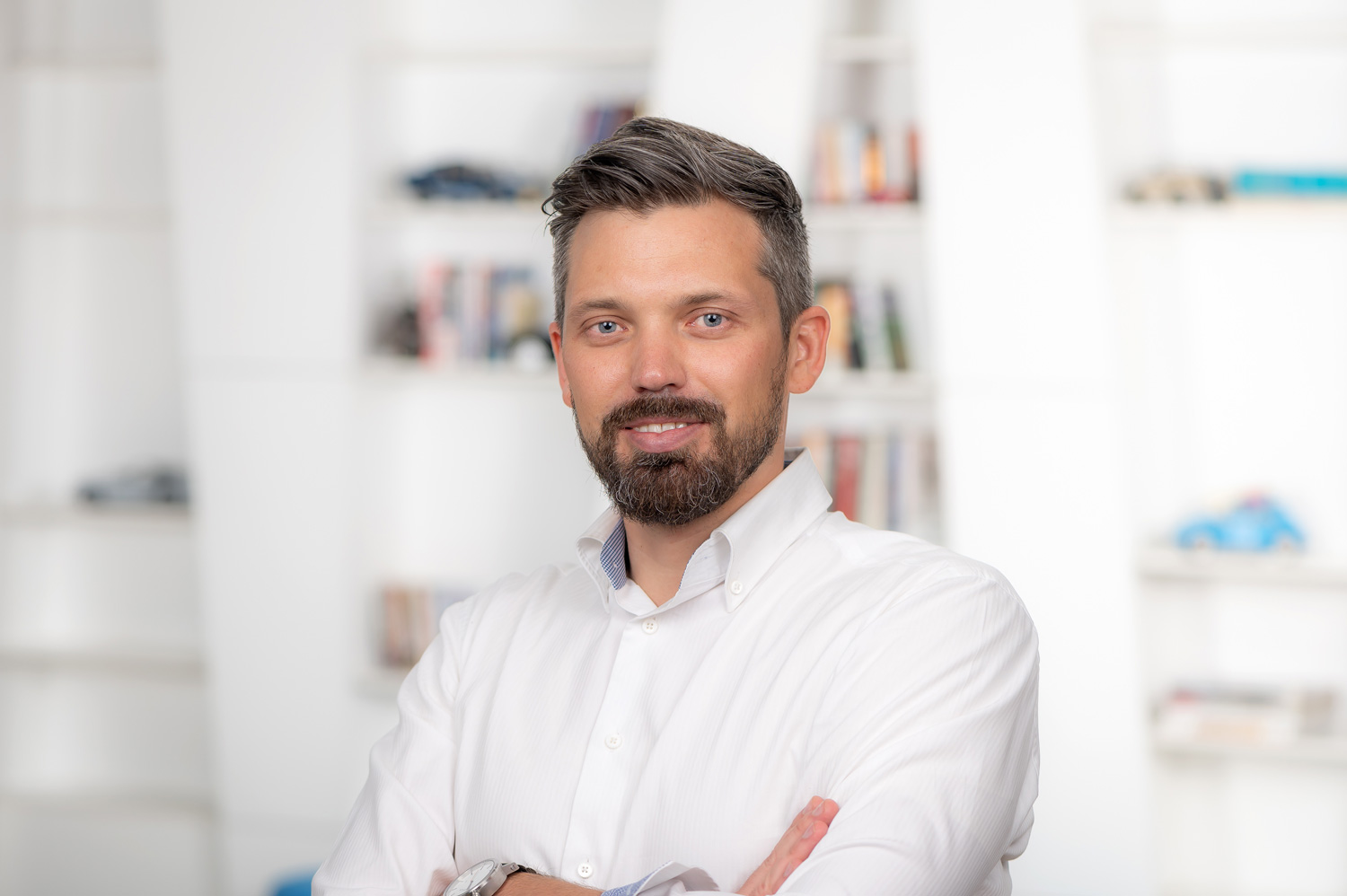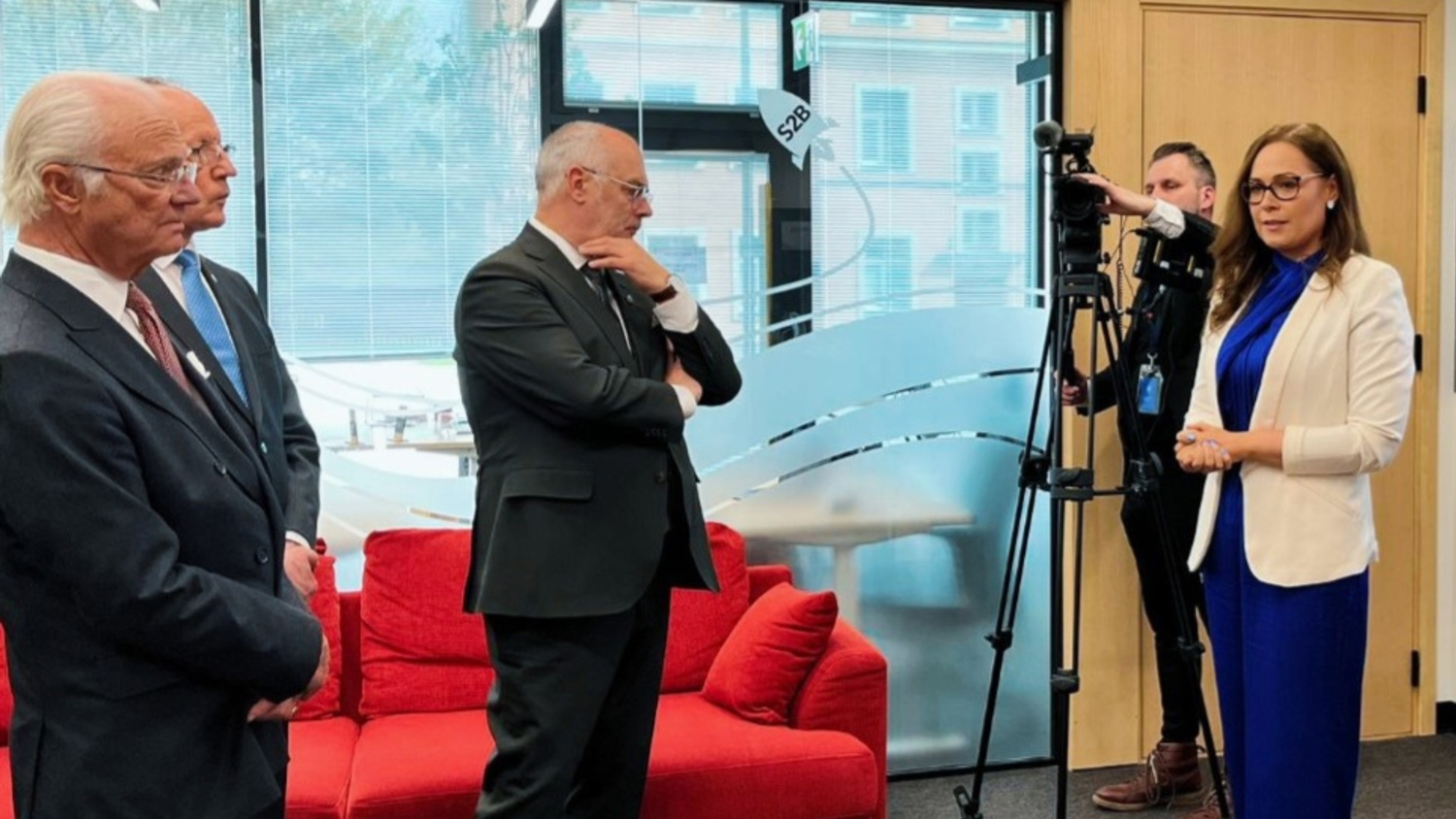In the past 30 years Rolf Ladau has lived and worked in six different countries, carrying various marketing and commercial roles in internationally claimed FMCG companies. He is now back in Finland where he currently leads the Finnish food and coffee empire Paulig. Curiously, finns are considered one of the biggest coffee consumers in the world.
How is Paulig doing today?
Paulig is doing great. Obviously the last few years have been extraordinary and last year in particular was a tough one, like for many FMCG (fast-moving consumer goods – editor´s note) companies. The good news is that the solid work we have done in the last 12-18 months is paying off and we are rebounding strongly. We are also pushing forward with our sustainability agenda that guides many of the decisions we take today.
Let´s talk about sustainability a bit more. What is your direction in the next 5-10 years?
We have our targets for the climate and circularity, fair and inclusive way of working, health and wellbeing of our people and the planet. For example, when it comes to climate, we have said that by 2030 we will reduce greenhouse gas emissions by 80% in our own operations, and 50% in our value chain. That’s a hefty target we are working towards and we are making progress.
We have also said that 70% of our turnover will need to come from products and services that help to serve the health and wellbeing of the people and the planet. It informs and helps us make decisions on how we renovate our portfolio, what kind of new product innovations we bring to the market etc.
The final point is about a fair and inclusive way of working where by 2030 we aim 100% of the raw materials to come from verified and sustainable sources. We are progressing one category and one product move at a time, making sure that we reach those targets.
Sustainability is not a program or a strategy, it is embedded into the business strategy and outlook of Paulig. It informs decisions, i.e., what kind of machinery we are investing in, what type of factories we build, what choices we make in terms of product portfolio and about the third parties we choose to operate with. It is part of our everyday decision making matrix.
What learning points would you highlight in your extensive career?
I have been away from Finland for 20 years. I left 1994 and came back in 2014. In that time I worked in six different countries in Europe and the USA. Key learning to me really has been about how to deal with change.
When it comes to change – embrace it. It is actually your friend, not your enemy. There is nothing to be feared about. The more I look back on my experiences the more I realize it helps you grow professionally and personally. It feeds your creativity because you are faced with new situations and profound changes. As you go through it and practice that muscle you become more creative in how you deal with it. You also become more resilient and learn to handle those situations. And then you adapt.
Everyone fears the unknown, everybody fears change to a certain degree, but once you practice that muscle, it becomes less and less. It is a great professional and life skill to have. So, embrace change because it is going to be a part of life anyway.
Are you a coffee person? What is your personal relationship with coffee?
Yes, I am a coffee person. Before I started working at Paulig my relationship with coffee was pretty functional because I wanted that energy and pick up you get from drinking coffee. It was part of a routine which I think is the same for many people. When I started at Paulig, the first thing I did, was buying a machine that makes coffee from beans. That was an eye opener for me because it changed the whole taste experience – it became profound. I wish that people all over the world could enjoy a cup of Paulig coffee because unfortunately, in my experience, coffee is not particularly fantastic in many countries.
You have also been active in the marketing field. What is the future of marketing in regards to sustainability?
The importance of sustainability will only grow in marketing. That is very clear. The companies will want to talk about the good things they do in regards to climate, waste, circularity etc. And, consumers, retailers, legislators and financial institutions are also interested in what companies are doing. They are making their choices, sortiment, promotional support etc., based on what the companies are doing. From the consumer and marketing point of view, particularly the younger generation, people are making their choices based on how brands and companies align with their values. They will want to work with brands and buy from brands who will help them make decisions that are friendly to climate and environment.
At the same time, what they also want, is companies to be more transparent. So they can verify that companies are walking the talk. That will put a lot of pressure on marketing.
The importance of social media and influencers in this aspect will also continue to grow because they help companies get their message out beyond the traditional media. Expectations from consumers and other stakeholders will grow and you have to play the game.
Do you have any good practices for people so they can have an actual impact on the health of the planet?
The best and a really concrete action is actually from Estonia – the World Cleanup Day. It started in 2008 when 50 000 people decided to clean up the country. That is remarkable. Since then, I think it’s now more than 70 million volunteers and close to 200 countries who have cleared more than 300 000 tons of waste. I myself participated on several occasions.
What makes this a great example is that it is so concrete. When it comes to sustainability it is easier to motivate people when the impact of their actions is visible and you can see it locally in your area. I think the World Cleanup Day is a brilliant example.
Your career path has been quite remarkable. Who did you dream of becoming as a child?
I actually wanted to become an airline pilot as many small boys do. I dreamed about it until my teens. What happened then was that I had very bad eyesight and the dream was off the table. I had to figure out something else, so here we are.
At least you can now fly a lot because of your job
Yes, but it is a bit of a double-edged sword though. We want to apply the technological solutions that allow us to do business without traveling. But, at the same time, you have to meet face to face as well. Technology is great, but the impact of being in the same room, sharing a cup of coffee and talking about business or other topics, is irreplaceable. You have to balance it out with the technologies that are fortunately available nowadays.
Interviewer: Kerttu Kongas




